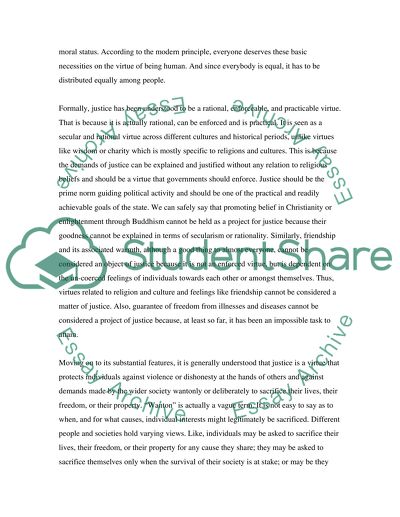Cite this document
(“Distributive Justice Essay Example | Topics and Well Written Essays - 1500 words”, n.d.)
Retrieved from https://studentshare.org/miscellaneous/1499051-distributive-justice
Retrieved from https://studentshare.org/miscellaneous/1499051-distributive-justice
(Distributive Justice Essay Example | Topics and Well Written Essays - 1500 Words)
https://studentshare.org/miscellaneous/1499051-distributive-justice.
https://studentshare.org/miscellaneous/1499051-distributive-justice.
“Distributive Justice Essay Example | Topics and Well Written Essays - 1500 Words”, n.d. https://studentshare.org/miscellaneous/1499051-distributive-justice.


